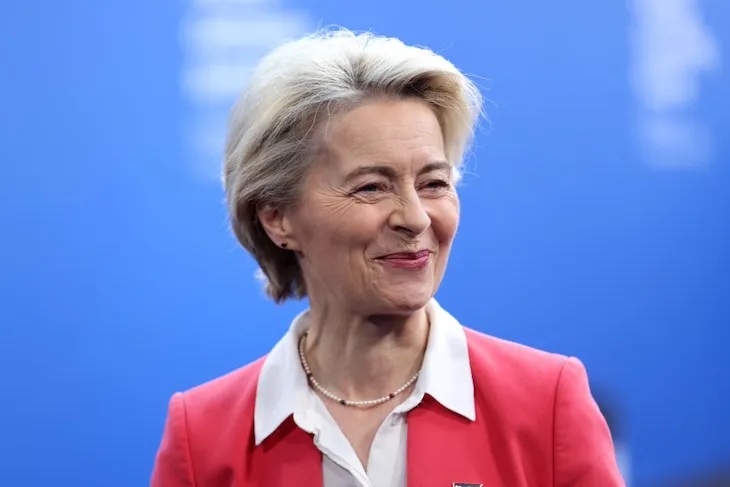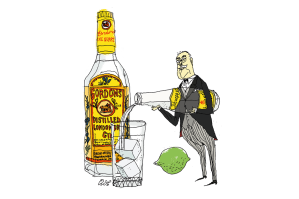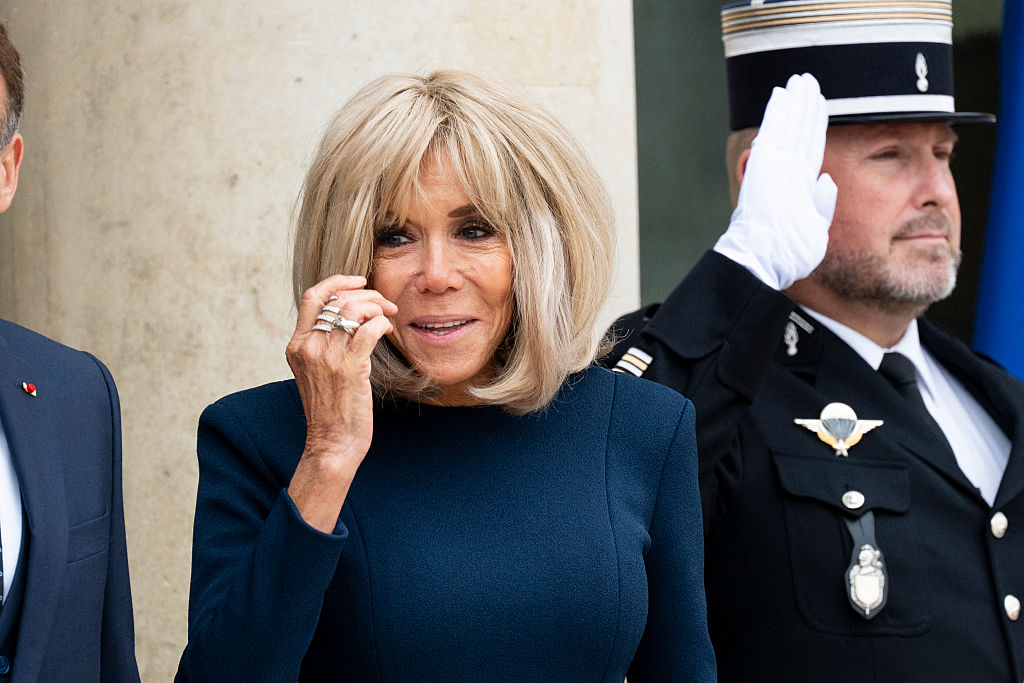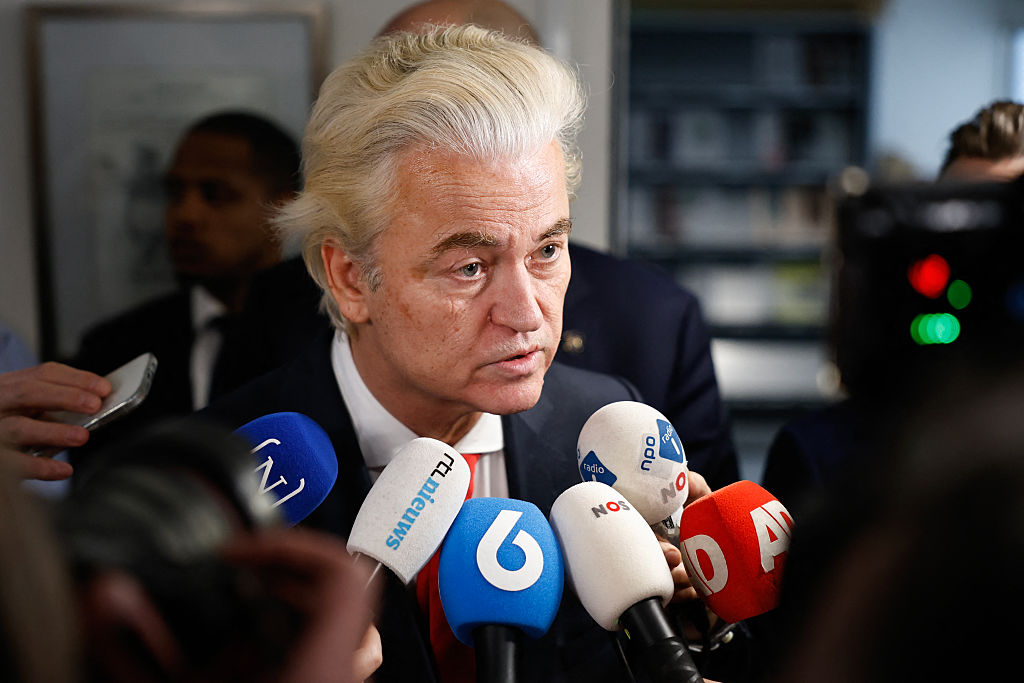European farmers have called for a day of protest in Brussels on Wednesday, forty-eight hours before the European Union is expected to sign the Mercosur trade deal. The agreement, which has taken two decades to negotiate, will give Argentina, Bolivia, Brazil, Paraguay and Uruguay access to EU markets. It will be good for the German car industry, and disastrous for European farmers, particularly smaller farms.
The president of one farmers’ union in France, Véronique Le Floc’h, has said the deal will likely lead to the “death” of French farming. In an interview at the weekend, Annie Genevard, the minister of agriculture, said: “It’s a bad agreement, which will bring a flood of products into our country in direct competition with our producers: 99,000 tons of beef, 180,000 tonnes of sugar, and as much poultry.”
The French government has been expressing its opposition to the deal since the country’s farmers descended on Paris with their tractors at the start of the year. That demonstration — which was replicated in other European countries — was the culmination of growing despair at the marginalization of their industry. The fear in Paris is that if the Mercosur deal is signed the country’s farmers will besiege the capital. Those fears are justified. I met with my neighbor on Monday, a farmer in Burgundy, and his anger was palpable. “Maddening” was how he described the situation. On Monday two unions announced that blockades on some motorways will begin on Friday.
What particularly infuriates Europe’s farmers is the unfairness of the deal. They are subject to stringent regulations concerning chemical fertilizers — such as atrazine, a herbicide banned in Europe — and meat traceability but these restrictions won’t apply to the meat and cereal imported from South America. The same is true of the CETA trade deal between Canada and the EU.
Wednesday’s agricultural protest in Brussels is organized by the European Coordination Via Campesina (ECVC), which describes itself as a “confederation of unions and organizations of peasant farmers, small and medium-scale farmers.”
They are furious at the Mercosur deal, as they are with the EU’s proposal to compensate — or “bribe,” in the words of ECVC, farmers in exchange for accepting the agreement. They demand an end to “free trade agreements and unfair competition, with a definitive halt to negotiations on EU-Mercosur.”
This is also the ultimatum issued by FNSEA, the largest of the French farmers’ unions. “The tractors are hot, and as soon as we finish sowing, we’ll be out on the streets again,” said their vice-president recently, Luc Smessaert.
A fortnight ago Sophie Primas, France’s trade minister, warned the EU that signing off the Mercosur deal this week at the G20 summit in Rio would be a grave mistake. “We risk fueling an anti-European sentiment not only in France, but all over the world,” she said.
She is correct, and her words have more resonance than ever following the landslide victory of Donald Trump last week. Few French politicians have celebrated Trump’s win as much as Éric Zemmour, who in a television interview on Sunday described it as “the defeat of wokeism and all the revolutions of the left.” These revolutions, continued Zemmour, include mass immigration, decolonization and globalization.
In rejecting Kamala Harris, the American electorate were rejecting the progressive dogma that has captured elite western society this century. European voters have for a number of years been expressing their dissatisfaction with the elite, in countries such as Italy, Holland, Hungary, Portugal, France, Spain and Britain.
They have little to show for their sedition because power in Europe no longer resides in Rome, Paris or Madrid, but in Brussels.
In many ways Ursula von der Leyen, the president of the EU Commission and the most powerful politician in Europe, is the bloc’s answer to Kamala Harris.
Von der Leyen presents herself as a center-right politician but like Harris she espouses all the tenets of progressivism such as free movement, LGBTQ rights and net zero. Earlier this year she urged EU nations to nominate women for the next European Commission regardless of whether they were the best qualified for the roles.
The other commonality between Harris and von der Leyen is that they have “failed upwards.” The American was picked by Joe Biden as his running mate in 2020 despite the fact that her own campaign to be the Democratic candidate was, in the words of Newsweek a “miserable failure.” She was a poor vice-president but was still chosen by the Democrats as this year’s presidential candidate.
Von der Leyen was appointed commission president in 2019 after an unimpressive six years as Germany’s minister of defense: “Aristocratic ineptitude” is one description of her leadership style.
During this time she fell out with Trump and did little to improve the efficiency or budget of the German military. It was on her watch that German soldiers were reduced to replacing heavy machine guns with broomsticks during a NATO exercise in 2014.
Quite how von der Leyen was appointed to the EU’s top job was a mystery; it is also baffling as to how she was re-elected Commission president this year. The EU bloc has never been so demoralized, ravaged by economic, social and security issues. But no one in Brussels seems to be to blame.
But if the Mercosur deal is signed this week in Rio, Europe’s farmers know exactly who to blame and it will be their tractors doing the talking.
This article was originally published on The Spectator’s UK website.

























